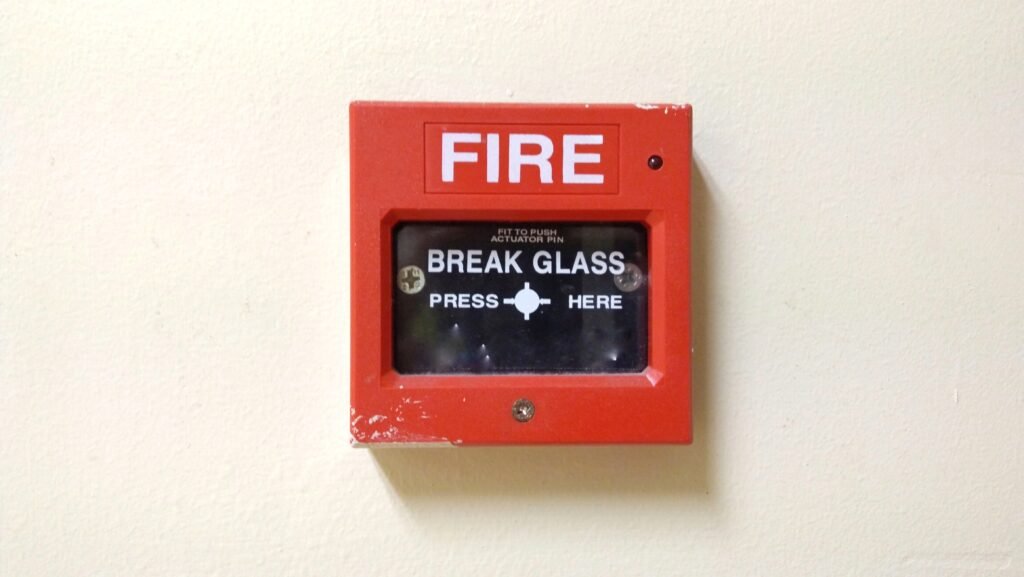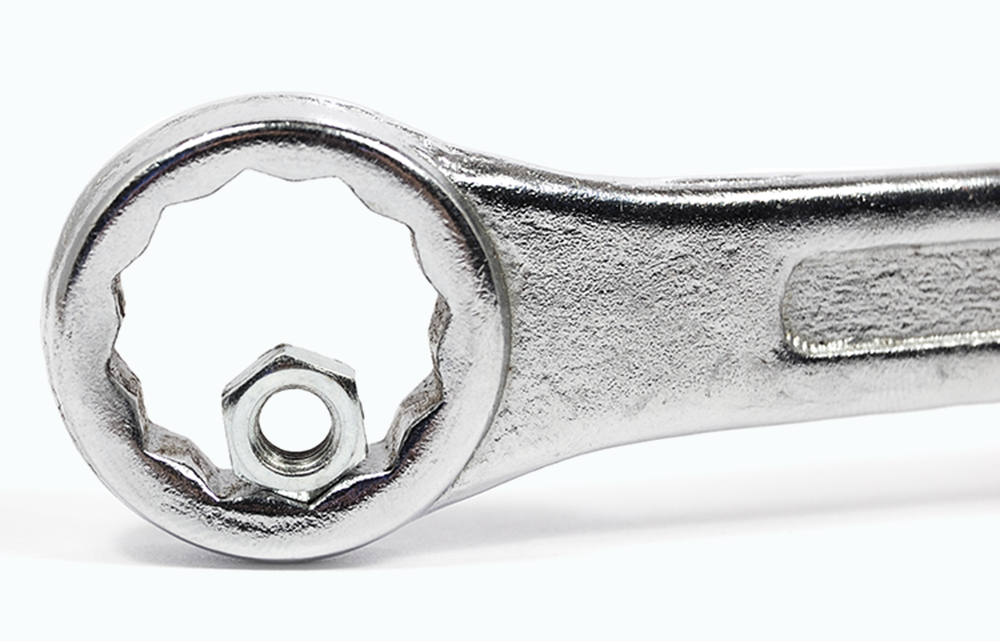Fire Systems Engineer

Introduction
Fire and security engineers play a vital part in protecting people, property, and businesses from the devastating impact of fire. It’s a career/job that combines technical skill, problem-solving, and responsibility, while offering excellent opportunities for professional growth. If you’re thinking about moving into this area of work, or you’re already in the industry and looking at your next step, this guide covers what the role involves, what qualifications are needed, and how you can develop your career to improve salary and prospects.
Fire and Security Engineer
The fire sector often overlaps with the security industry. Many companies look for engineers who can install and maintain fire alarms alongside security systems such as CCTV and access control. Working as a fire and security engineer can broaden your skill set and make you more employable, especially if you want to progress into project management or consultancy roles. Employers value multidiscipline engineers who understand how systems integrate with overall building design.
Fire Engineering - A Growing Field
Fire engineering is the application of engineering principles to fire safety and is often seen as a core part of fire engineering. It goes beyond simply installing alarms or extinguishers. Fire engineers look at the bigger picture of how fires start, spread, and can be controlled within a building. The discipline is growing rapidly due to stricter safety standards, advances in technology, and demand from the construction industry.
Fire engineering can involve:
- Designing active and passive safety systems
- Carrying out fire investigation after incidents
- Advising on compliance with safety regulations
- Supporting architects during new building projects
It’s a highly technical field that combines engineering knowledge with fire science, and it offers long-term career stability.
The Role of a Fire Safety Engineer
A fire safety engineer focuses on ensuring that all systems meet industry standards and legal requirements. They might be responsible for risk assessments, reviewing building plans, or designing fire safety strategies that help save lives. Day-to-day tasks can include:
- Designing and commissioning fire detection and suppression systems
- Advising on passive fire protection methods like fire-resistant doors and walls
- Working with other engineers across mechanical and electrical disciplines
- Inspecting and maintaining systems to guarantee ongoing compliance
The key role of a fire safety engineer is being responsible for protecting both people and assets, while providing reassurance to clients and meeting legal obligations.
Fire Alarms and Safety Systems
Most people first think of fire alarms when they hear about fire safety. Engineers install, test, and maintain alarms across commercial, residential, and industrial property. But the role often extends to other systems such as sprinklers, emergency lighting, and smoke ventilation. A strong knowledge of these interconnected systems makes an engineer more versatile and valuable to employers.
As technology develops, modern systems are becoming more sophisticated. From wireless detectors to integrated solutions that link fire and security systems, keeping up with the latest technology is essential.
Entry Requirements and Qualifications
So what are the entry requirements to become a fire engineer? There are several routes into the profession:
- A background in electrical or electronic engineering
- On-the-job training through apprenticeships or trainee roles
- Formal qualifications such as Level 3 diplomas in fire detection and alarm systems
- Degree routes in fire engineering or related fields
- Postgraduate options such as master’s degrees in specialist areas
Some employers may also require a driving licence so you can travel to client sites. Ongoing professional development is important in this career, as regulations and industry standards evolve.
Skills and Knowledge Needed
Success in this career relies on more than just technical ability. A strong knowledge of safety regulations, building design, and fire science is vital. Employers also look for:
- Problem-solving skills
- Ability to communicate technical details to clients
- Teamwork with other engineers
- A professional attitude when working in sensitive environments such as hospitals or schools
Developing these skills will make you stand out, whether you’re aiming for a permanent role or looking at subcontract opportunities.
Salary and Professional Development
- Gaining new qualifications
- Staying updated with the latest technology
- Taking on supervisory or project roles
- Demonstrating expertise in complex systems
Investing in your development ensures you remain in demand and can command stronger rates.
Subcontract vs Permanent Roles
One of the big choices in this career is whether to work in permanent employment or take on subcontract work.
Permanent positions: Offer stability, benefits such as holiday pay, and the chance to grow within a company. You may be part of an on-call rota and work closely with long-term clients.
Subcontract roles: Provide flexibility, often higher day rates, and variety in projects. However, you’ll need to manage your own accounts, and work can be less predictable.
Both options have advantages, and many engineers move between the two at different stages in their career.
Why Fire Systems Matter
At its heart, this career is about more than just maintenance and installation of systems for passive fire protection. It’s about designing and managing systems that genuinely save lives. By ensuring compliance with safety standards and adapting to the environment in which systems are installed, fire engineers provide reassurance to businesses and the public alike.
Build Your Career with CSR
If you’re a fire & security engineer – or thinking about moving into the field – now is the time to shape your career. At CSR, we specialise in the Fire & Security industry, connecting skilled engineers with the right opportunities. Whether you’re seeking permanent work or considering subcontracting, our team understands the sector inside out and can help you take the next step.
Contact us today on: 01708 737744.
We are here to help you achieve your goals in the fire and security industry.
Every Job is Easier if You Have the Right Tools
